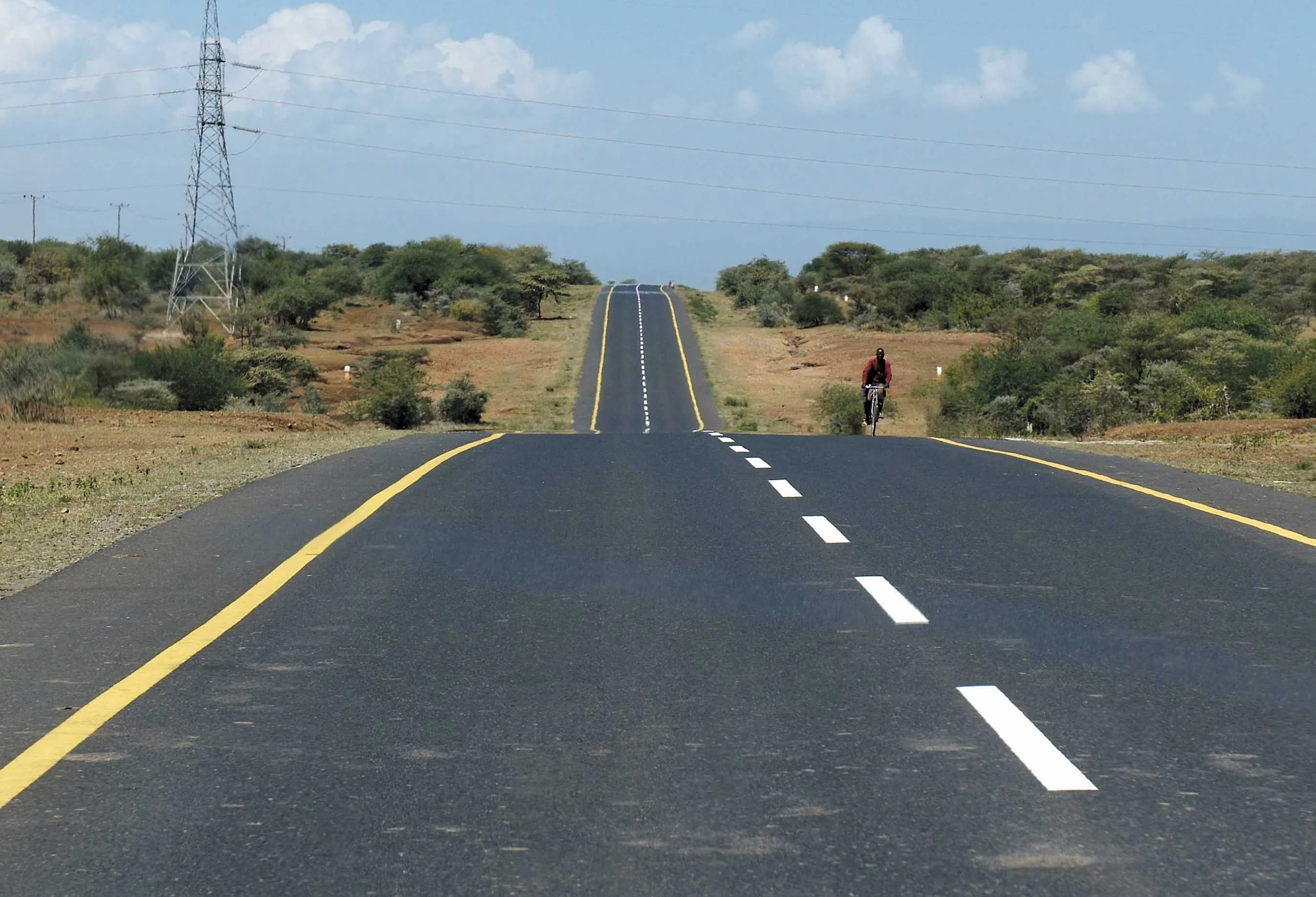Constructing the airport on the remote island of St. Helena has been one of the largest projects for a South African construction group. It’s the site of one of Avery Dennison Refiective Solutions most remote traffic sign projects.
The 121km² island is a British Overseas Territory in the southern Atlantic Ocean, just under 2,000km from Angola on Africa’s southwest coast and 4,000km from Rio de Janeiro on Brazil’s east coast. St Helena is noted for being where French Emporer Napoleon was exiled in 1815 af
March 22, 2017
Read time: 2 mins
Constructing the airport on the remote island of St. Helena has been one of the largest projects for a South African construction group. It’s the site of one of 1540 Avery Dennison Refiective Solutions most remote traffic sign projects.
The 121km² island is a British Overseas Territory in the southern Atlantic Ocean, just under 2,000km from Angola on Africa’s southwest coast and 4,000km from Rio de Janeiro on Brazil’s east coast. St Helena is noted for being where French Emporer Napoleon was exiled in 1815 after his defeat at the Battle of Waterloo. He died there in 1821.
Today, the island’s population of just over 4,500 is hoping that the new airport – when opened - will boost tourism to make the island self-sufficient. To replace the five-day boat trip from Africa, the UK government ploughed upwards of US$346 million to build the airport which has yet to open because of remaining concerns about wind shear affecting landing aircraft.
However, the road infrastructure for the design-build-operate airport project is in place, thanks to work by Basil Read. Deon De Jager, Basil Read’s director for St Helena, contracted Repro Signs, a South African traffic sign fabricator, to supply signage for the project. Repro Signs chose products from Avery Dennison Refiective Solutions.
Avery Dennison products, sent by Repro Signs from South Africa, included reflective sheeting and sign-converting supplies required to create all of the project’s highway signs. Given the sea voyage delivery time, all orders had to be filled perfectly first time every time, said Johan Winterbach, southern Africa area business manager for Avery Dennison.
The 121km² island is a British Overseas Territory in the southern Atlantic Ocean, just under 2,000km from Angola on Africa’s southwest coast and 4,000km from Rio de Janeiro on Brazil’s east coast. St Helena is noted for being where French Emporer Napoleon was exiled in 1815 after his defeat at the Battle of Waterloo. He died there in 1821.
Today, the island’s population of just over 4,500 is hoping that the new airport – when opened - will boost tourism to make the island self-sufficient. To replace the five-day boat trip from Africa, the UK government ploughed upwards of US$346 million to build the airport which has yet to open because of remaining concerns about wind shear affecting landing aircraft.
However, the road infrastructure for the design-build-operate airport project is in place, thanks to work by Basil Read. Deon De Jager, Basil Read’s director for St Helena, contracted Repro Signs, a South African traffic sign fabricator, to supply signage for the project. Repro Signs chose products from Avery Dennison Refiective Solutions.
Avery Dennison products, sent by Repro Signs from South Africa, included reflective sheeting and sign-converting supplies required to create all of the project’s highway signs. Given the sea voyage delivery time, all orders had to be filled perfectly first time every time, said Johan Winterbach, southern Africa area business manager for Avery Dennison.









